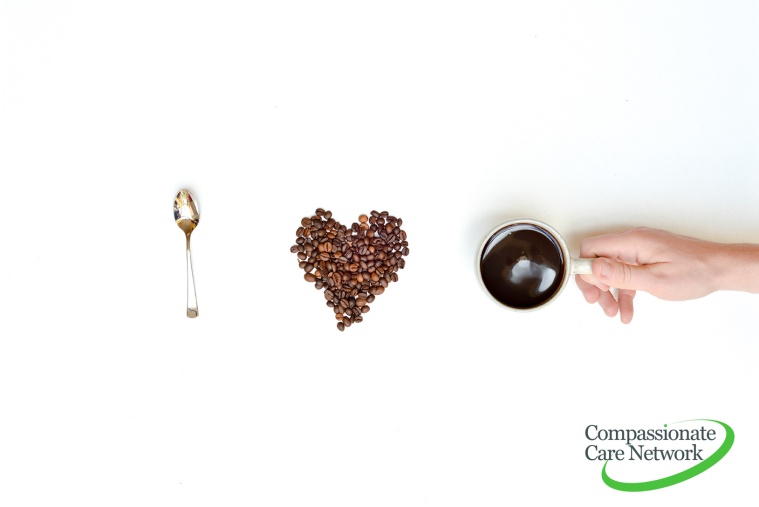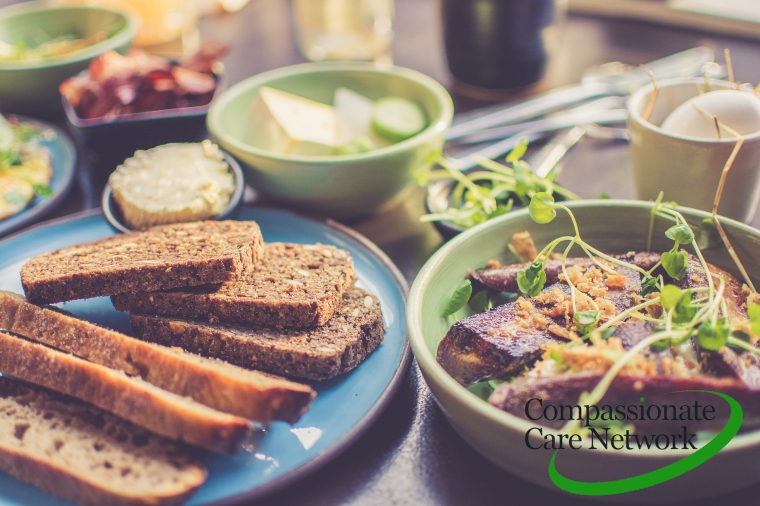
The last 10 days of Ramadan hold a special significance. Within one of these days, on an odd-numbered night, is Laylatul Qadr (the Night of Power). In the Quran it is described as “better than a thousand months” (97:3-4). It marks the day when the Quran was sent down to Prophet Muhammad to guide mankind. Many are diligent in performing extra prayers and dhikr then, hoping that Allah bestows mercy upon them and answers their prayers. It is stated that a person’s previous sins are forgiven if he or she dedicates him or herself to prayer and faith during this night. Any dhikr or ibaadah done on this night is better than performing it for a thousand months (that’s 83 years and 4 months!).
There then lies a troubling question for many– mainly those who cannot pray, fast, or devote their nights to ibaadah (those who are menstruating, are breastfeeding, or have chronic illnesses for example). For the former, not being able to pray or read the Quran may leave women feeling disconnected from Islam, while the others may feel that they are not able to do enough during this blessed month. However, there are still ways to practice worshipping that may be suitable for these scenarios. Especially for those with medical reasoning, it is important not to over-extend oneself, and rather practice quality ibaadah instead.
Here are some suggestions to maximize the last 10 days of Ramadan, for those who cannot traditionally pray or fast:
- Make dua: Prepare for Laylatul Qadr by writing a list of your duas, no matter how miniscule of a desire. Make dua off this list every night for the last ten days, and reflect on how to achieve these wishes as well. Practice making sincere duas before Maghrib or during the last third of the night for those who are able. You can make dua for individual matters, and even on a larger scale/for the ummah as a whole.
- Listen or read the Quran: Women who are menstruating and are exempt from praying cannot touch the Quran itself. However, they can listen to the Quran.
- Tread your path in search of knowledge: Download podcasts of lectures by scholars such as Mufti Kamani, Hamza Yusuf, or Noman Ali Khan to listen on-the-go, or watch the plethora of Youtube videos available. Read Tafseers, or explanations of Surahs given context, to truly understand the message of the Quran and get the most out of this month.
- Do dhikr: Practice remembrance of Allah. It is said in Surah Baqarah that if we remember Him, He will remember us. Saying subhanAllah, alhamdullilah, and astagfirullah, allahuakbar, and other forms of dhikr will remind us consistently of Allah’s presence in our lives.
- Give back and help those in need: Do good deeds by preparing iftar for the family or cleaning up after those who are fasting. Volunteer for those less fortunate or give charity. Remind yourself of how well-off you may be compared to other counterparts, and count your blessings for what Allah has provided you.
It may seem like you cannot do as much as you would like this Ramadan, but there are still ways to maintain your spiritual connection and make the most of this month. Practicing these tips, whether you are not able to fast, not able to pray, or feel disconnected, will allow you to make the most out of the last few days of Ramadan.










